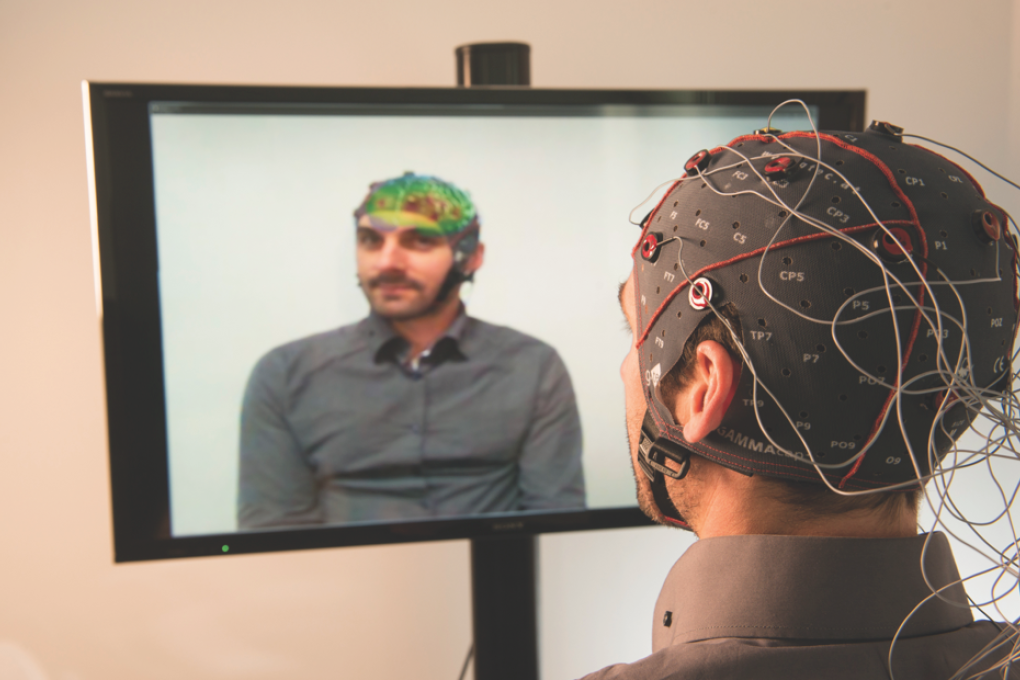Canadian connection to French mind-control tech
'We cannot read minds … not yet,' says French research scientist

Melding human brains with computers in had dire consequences for mankind, which ended up trapped in a virtual reality (VR) landscape and subservient to machines in the 1999 film.
Fabien Lotte, however, is confident the brain-computer interfaces (BCIs) being developed in the real world aren’t nearly so frightening. Instead, the BCI research scientist at the French Institute for Research in Computer Science and Automation envisions a world in which the technology is used for everything from VR games to the rehabilitation of stroke victims.
“It makes people think of science fiction, so obviously that’s very exciting,” Lotte says.
BCIs use sensors that wrap around users’ heads to measure brain activity via electrical currents to send commands directly from their minds to computers.
“We cannot read minds … not yet,” Lotte added.
He’s travelling from France this week to speak at the June 16 Brains and Computers conference at the Centre for Digital Media (CDM) in Vancouver.
